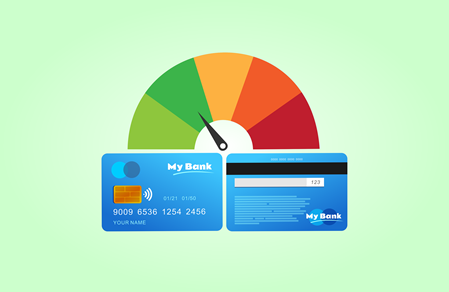
Sometimes we may have an overabundance of credit cards that we use for specific purposes, special occasions, or just to keep a belly full for another week. However, with many credit cards comes many different creditors, banks, and financial institutions to keep track of, which means different due dates and statements. It can be a headache to remember when to pay off what, and people already have it tough trying to keep up with all their utilities. But we can avoid that tremendous head pound by consolidating all of that debt into a single payment.
Debt consolidation is taking multiple lines of credit and debt and putting it all into a single account to keep track of. This means all that debt will be under the same interest rate and same due date. This can be handy and convenient if someone has a lot of debt in multiple accounts.
However, before you start debt consolidation you should take several things into consideration as it may become a bigger burden than several individual debts. Things to consider include:
For example, Timothy has four credit cards with various debts and interest rates that can range from 12.99% to 17.84% based on national averages. If Timothy has been keeping up with payments and has built a good reputation with his creditors, then he’ll most likely have a good credit score as well. He decides to get a consolidation loan at a lower interest at 7% or so, which will save him money over time compared to his current credit cards’ APR.
However, if Timothy has missed payments on his cards and accrued bad payment history, he’ll have a much lower credit score. A debt consolidation loan may then be from 15% up to 21%, which may even be worse for him in the long run.

When it comes to consolidating debt, it’s important to be mindful of how that debt is consolidated in the first place. The two most common and less risky ways are to either open a new revolving credit card or to get a debt consolidation loan from a reputable financial institution.
Credit Card Balance Transfer: Many credit card companies out there will offer a set time period of 0% APR and may even include bonuses for balance transfers. These cards are great at absorbing every other card and putting it all onto one account, and the best part is that the first 6 to 24 months will be at no extra interest, saving a lot of money! However, be sure to pay off the debt in a timely manner before the interest rate kicks in.
Debt Consolidation Loan: Many lenders can also pay off your debt for you and create a loan with the company instead. These are fixed-rate loans that are paid off over time like a car or house payment. These are good if you suspect that you have fair or bad credit and you know that you may need more time to pay off the loan.
Other options are also available such as a home equity loan or a 401(k) loan, but these incur much more risk to the consumer. After all, losing a house or retirement fund will make a credit card seem trivial in comparison.

If you have a good credit score (above 700 or so), then you should be able to open a credit card for balance transfers. On the other hand, a lower score would mean that you would want to get a consolidation loan (less than 700).
If you want to raise your credit score you can call Get Good Credit at (877) 212-2450 for a free consultation from one of our professionals. We offer credit repair services to help improve your score to get a better deal on a loan or credit card.
If you have any questions, feel free to give us a call at 877-212-2450!
We also invite you to click on the following link to see our reviews on yelp.
You may also like: Late Payments: The Credit Destroyer
